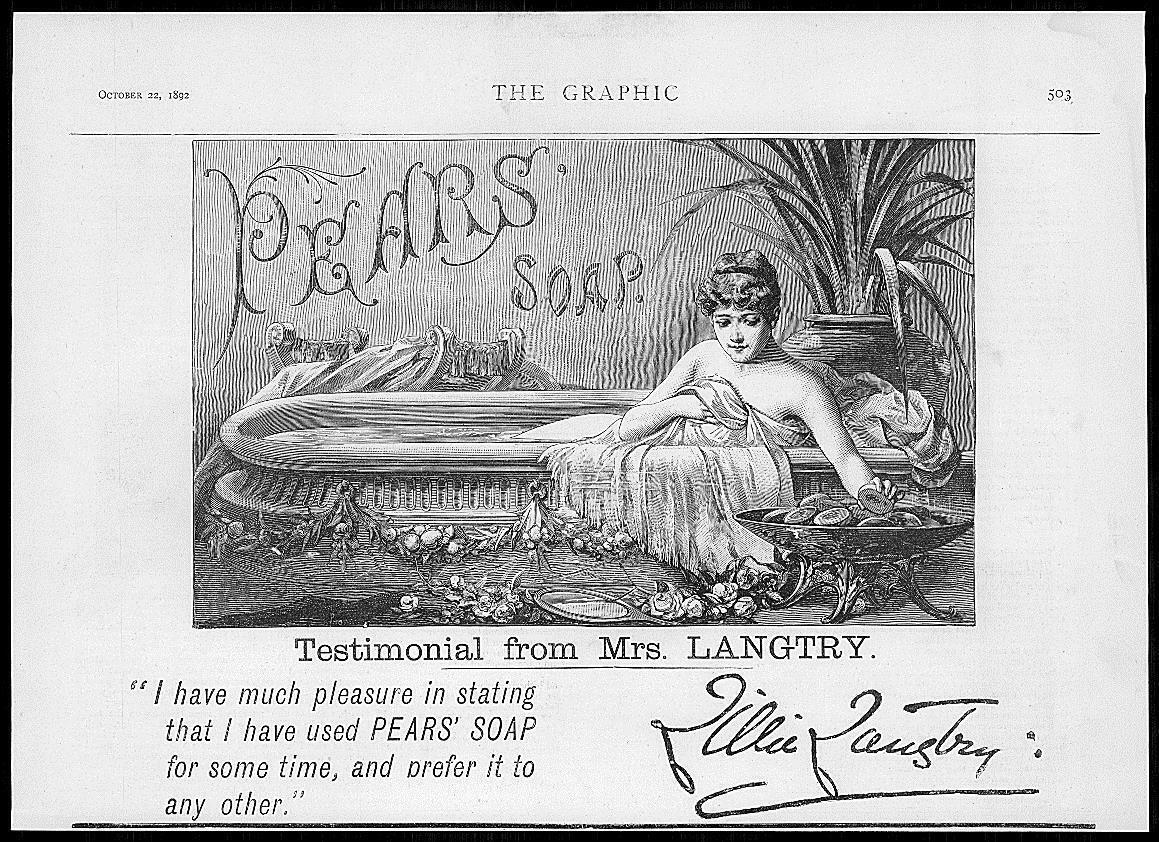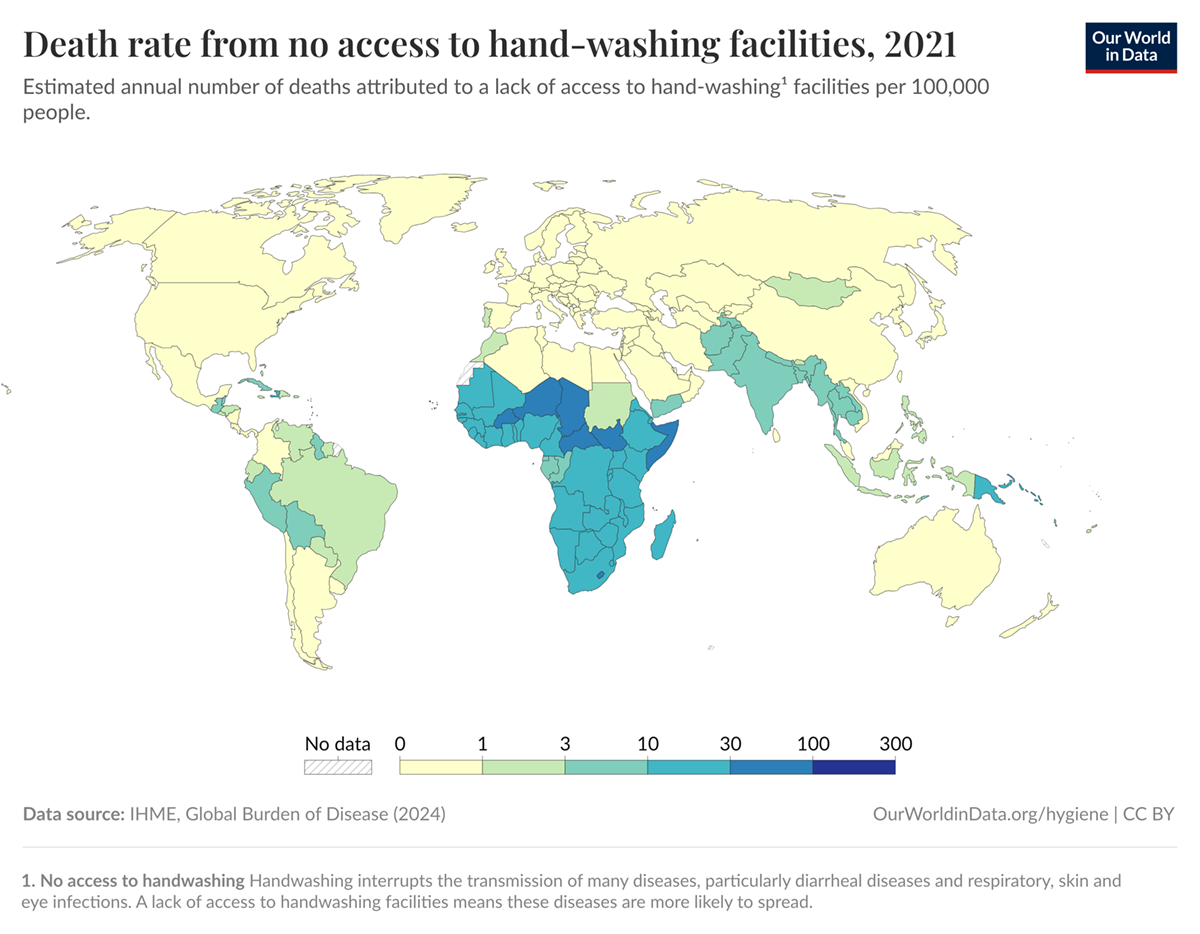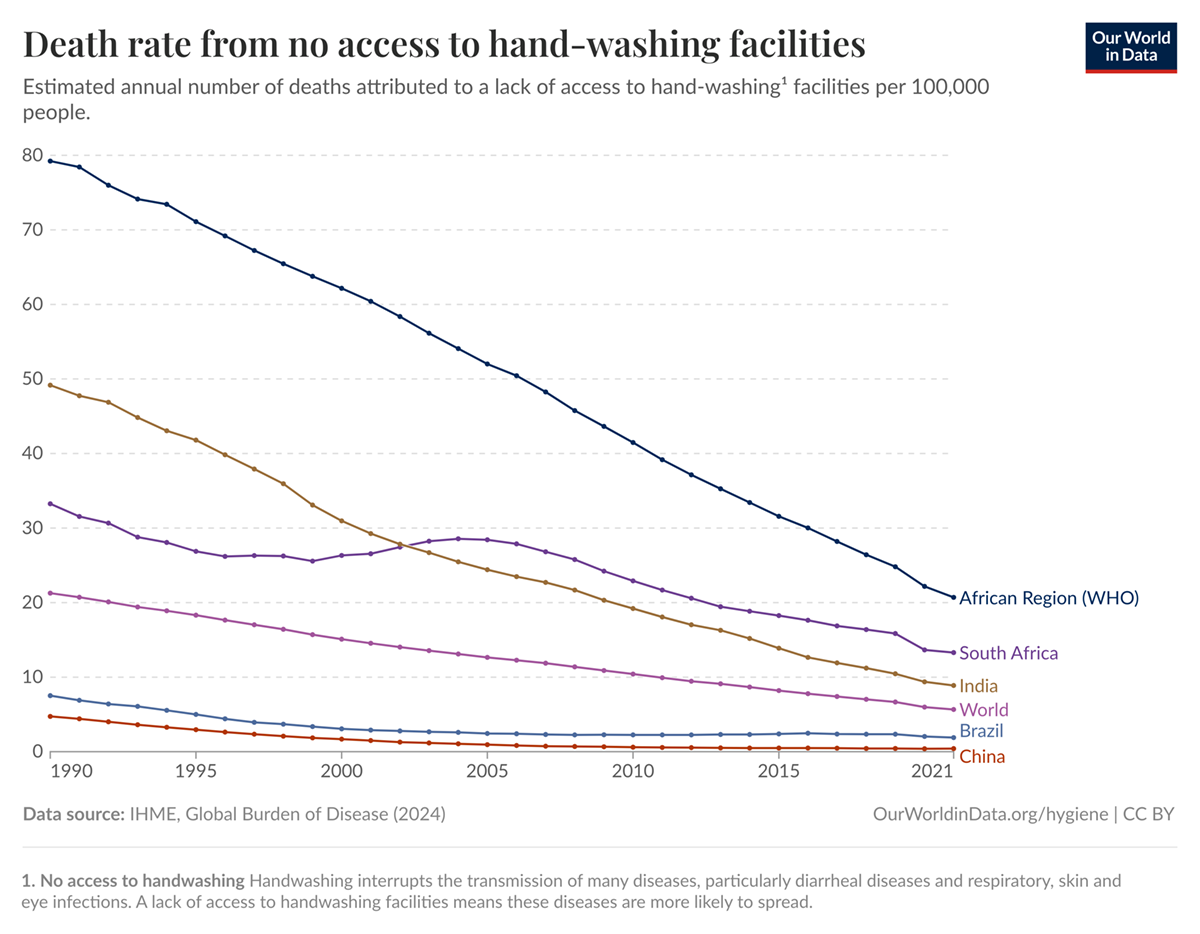Cleaning Up
Did you know that the strong chemical smell associated with cleanliness is a modern invention? It’s the result of marketing campaigns in which brands sought to convince people, especially women, that a home had to smell fragrantly artificial to be considered truly clean.
In another example, Listerine invented the term “halitosis” to sell mouthwash, turning what was just “bad breath” (or “breath”, as they called it before toothpaste) into a medical-sounding problem.
But the history of hygiene goes a lot further back than modern marketing tricks.
“With unclean hands he did touch the altar of Zeus
for which the father burned him with fiery lightning;
for above all the mortal must worship the divine in cleanness.”
This was written by Timarchidas of Rhodes, according to Renaissance writer Natalis Comitis. As with so many things, the etymology of hygiene goes back to Greece and Rome. The ancient goddess of health and cleanliness in both civilisations was called… Hygieia.
The earliest recorded evidence of the production of something resembling soap is from around 2800 BC, in ancient Babylon. Soap, as it is recognised today, only fully emerged from the first or second century AD, originating in Rome and spreading via Gaul. No wonder France is home to the likes of L’Oréal and L’Occitane. Its tradition of fine cosmetics has two millennia of heritage.
Rituals and old wisdom often reflect truths that are only proved much later on. Before modern science uncovered its medical importance, washing mainly took on religious significance. In Christianity, ablution is the prescribed washing of part or all of the body or specific possessions for purification. In Islam, worshippers perform ritual purification (Wudu) before prayer. According to the Gospel of Matthew, Pontius Pilate publicly washed his hands to symbolically declare himself innocent of responsibility for the blood of Jesus.
Back in France, by the second half of the 16th century, proto-industrial manufacturing of soap was emerging in Provence (later the home of Hong Kong-listed L’Occitane). But the medical benefits were still not understood at all. The pandemic reminded us of the importance of handwashing, a simple method for preventing the spread of pathogens. It seems obvious, but this was not always the case. Hospitals in the early 1800s had little idea of their importance and were often mocked as “houses of death.”
This was not without reason. The mortality rate for patients admitted to the hospital was 3-5 times higher than for those cared for at home. Doctors would go straight from handling dead bodies to birthing new babies. Then, in 1843, Oliver Wendell Holmes figured out why and claimed that doctors were “agents of death” unless they washed their hands and clothing. Then, in 1847, Ignaz Semmelweis statistically proved it. He demonstrated that the hospital wards open to medical students and physicians had a much higher mortality rate than those open only to midwives and ran an experiment to back it up.
The story of Semmelweis’ discovery is told in this Guardian article.
“Before the experiment, the mortality rate for new mothers was as high as 18%. After Semmelweis implemented hand hygiene between the morgue and the delivery room, the rate of mortality for new mothers dropped to about 1%... Despite his success, his idea faced great resistance and met a tragic end. He lost his job and is thought to have had a breakdown.
In 1857, while Semmelweis’s mental health declined, Louis Pasteur raised awareness of pathogens, and how to kill them with heat. In 1876, the German scientist Robert Koch discovered the anthrax bacillus, kicking off the new research field of medical bacteriology. Cholera, tuberculosis, diphtheria and typhoid bacilli were subsequently identified.”
This discovery spread quickly, and within decades, the English middle classes had added cleanliness to the ranks of Victorian concepts like Christianity, respectability and social progress. In 1882, one company recruited the actress and socialite Lillie Langtry to become the poster girl for Pears soap, making her the first celebrity to endorse a commercial product.
Pears Soap

150 years later, the hand-washing trend is nearly complete. This map shows how many people, per 100,000, die from a lack of access to handwashing facilities. Mostly, it’s a great picture, with fewer than 100 (0.1%) in all places, and over 50 (0.05%) in only two countries. Largely, the rate is below 0.001%.
Death-rate from Lack of Hand-Washing Facilities (2021)

What’s even better is the long-term trend. Led by Africa, South America and South Asia, the world has gone from 21.3 deaths per 100,000 people in 1990 to 5.7 today. There is further to go, but this is progress.

This data is inspired by Hans Rosling, author of Factfulness, and a practising doctor in Africa and later health consultant to the UN, and founder of the Gapminder Foundation.
Our next recommendation carries the flame of this fascinating history, and with the pandemic scorched into all our memories, the importance of hygiene has rarely ever been more relevant. After a decade of strategic errors and poor execution, the company has put its struggles behind it, and its quality is shining through again.
General - Your capital is at risk when you invest, never risk more than you can afford to lose. Past performance and forecasts are not reliable indicators of future results. Bid/offer spreads, commissions, fees and other charges can reduce returns from investments. There is no guarantee dividends will be paid. Overseas shares - Some recommendations may be denominated in a currency other than sterling. The return from these may increase or decrease as a result of currency fluctuations. Any dividends will be taxed at source in the country of issue.
Funds - Fund performance relies on the performance of the underlying investments, and there is counterparty default risk which could result in a loss not represented by the underlying investment. Exchange Traded Funds (ETFs) with derivative exposure (leveraged or inverted ETFs) are highly speculative and are not suitable for risk-averse investors.
Bonds - Investing in bonds carries interest rate risk. A bondholder has committed to receiving a fixed rate of return for a fixed period. If the market interest rate rises from the date of the bond's purchase, the bond's price will fall. There is also the risk that the bond issuer could default on their obligations to pay interest as scheduled, or to repay capital at the maturity of the bond.
Taxation - Profits from investments, and any profits from converting cryptocurrency back into fiat currency is subject to capital gains tax. Tax treatment depends on individual circumstances and may be subject to change.
Investment Director: Charlie Morris. Editors or contributors may have an interest in recommendations. Information and opinions expressed do not necessarily reflect the views of other editors/contributors of ByteTree Group Ltd. ByteTree Asset Management (FRN 933150) is an Appointed Representative of Strata Global Ltd (FRN 563834), which is regulated by the Financial Conduct Authority.
© 2026 ByteTree Group Ltd







